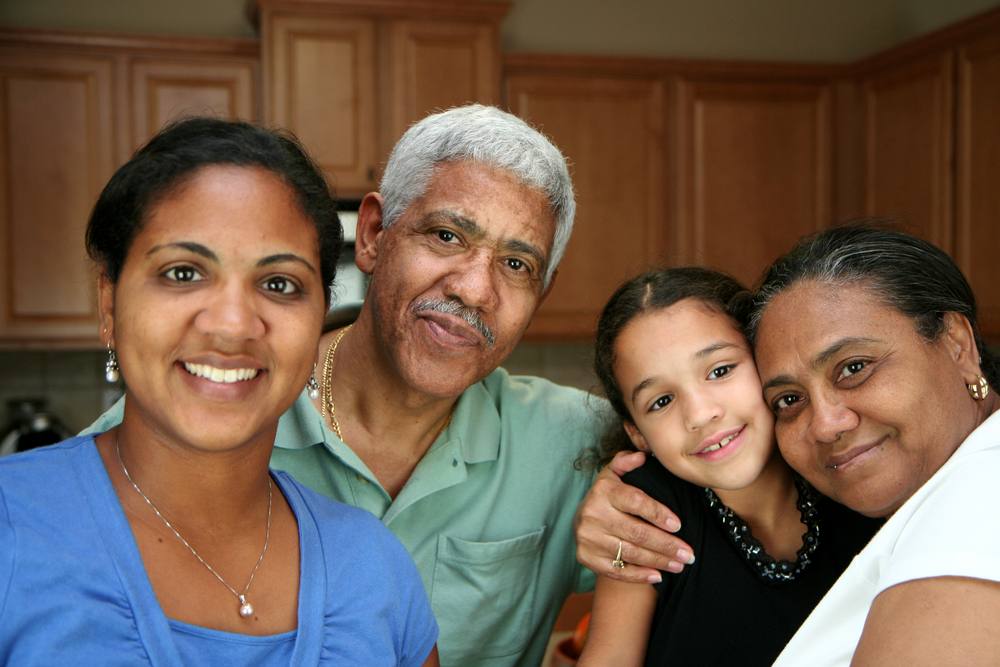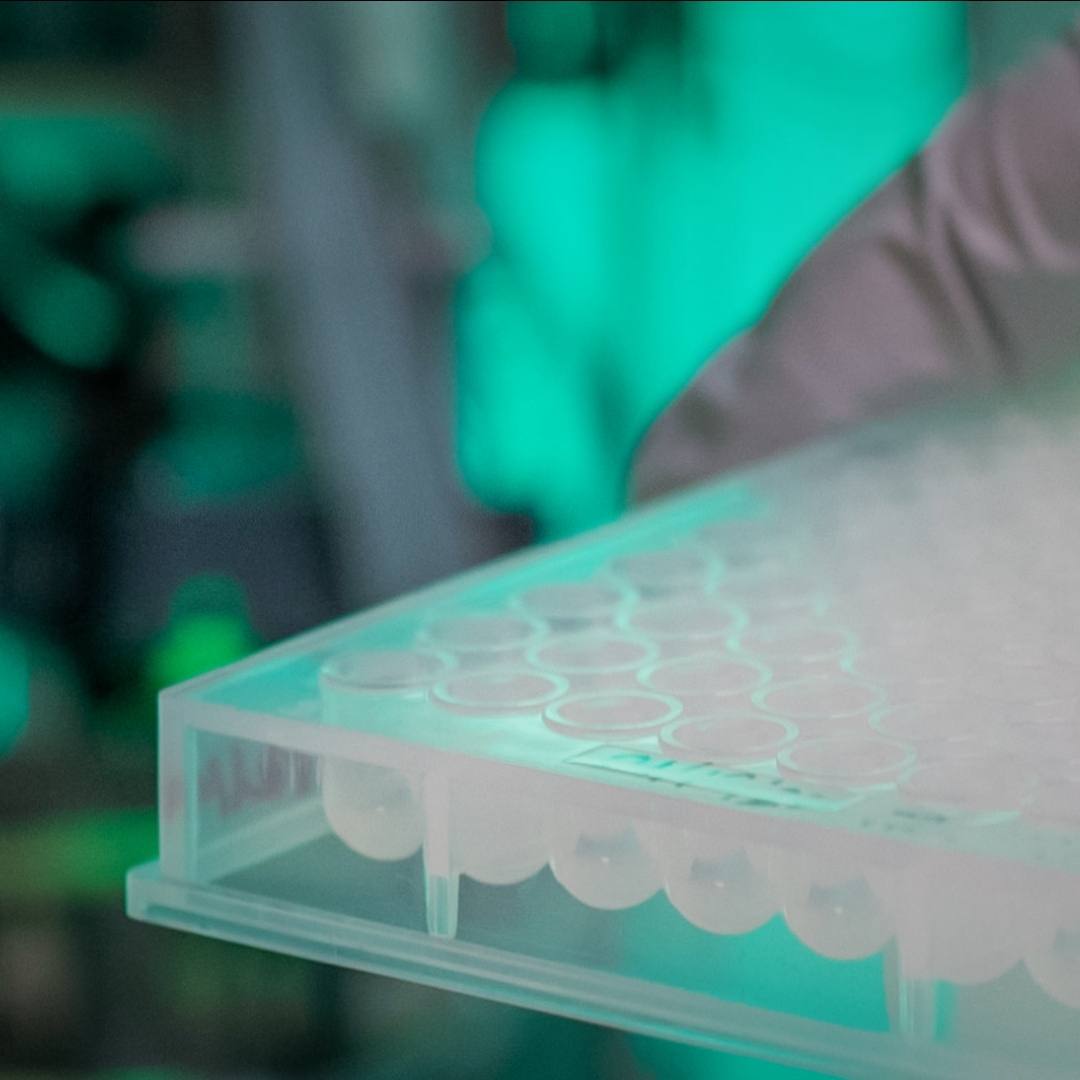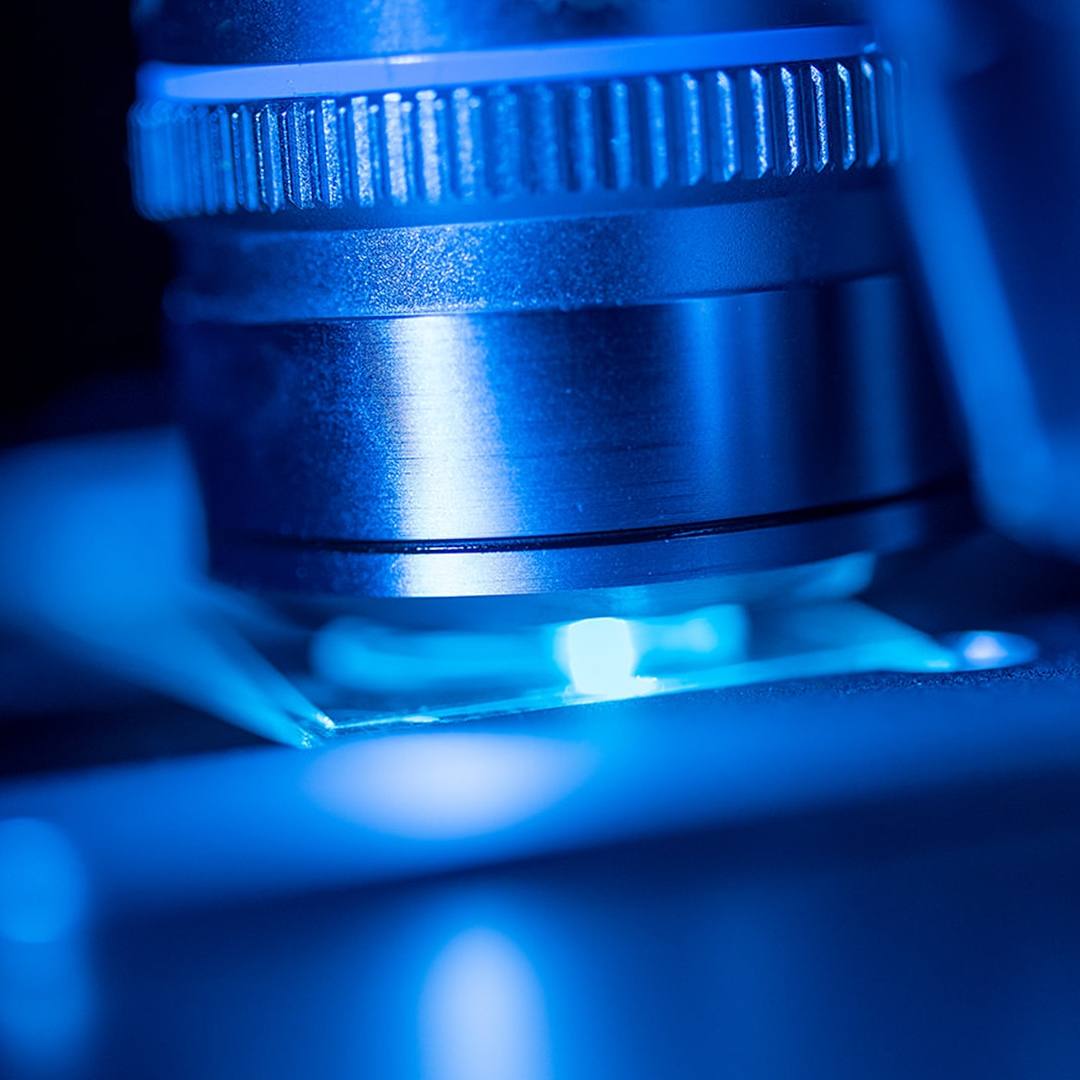-
Science Saturday: What you should know about genetics, colorectal cancer

Colorectal cancer begins when healthy cells in the colon or rectum develop mutations, or changes, in their DNA. These damaged cells then become cancerous, grow and divide uncontrollably, and form a tumor. Genetic factors play a role in this process.
Some gene mutations passed through generations of your family can increase your risk of colorectal cancer significantly. The most common inherited syndromes that increase colorectal cancer risk are familial adenomatous polyposis and Lynch syndrome, also known as hereditary nonpolyposis colorectal cancer. But you don't need a family history of colorectal cancer to have a genetic mutation that could cause the disease.
"Someone can have developed a mutation in their germ line and be the first person in the family to have colorectal cancer," says Lisa Boardman, M.D., a gastroenterologist and hepatologist at Mayo Clinic. "Family history is not the end of the story."
Here's what experts at Mayo Clinic want you to know about genetics and colorectal cancer, the third leading cause of cancer-related deaths in the U.S., according to the National Cancer Institute.
Read the rest of the article on the Mayo Clinic Cancer Center blog.
____________________________________________
Other Mayo Clinic medical research websites:
- Research at Mayo Clinic
- Discovery’s Edge
- Advancing the Science
- Mayo Clinic Laboratories
- Forefront
- Center for Individualized Medicine
- Center for Regenerative Medicine
- Center for the Science of Health Care Delivery







